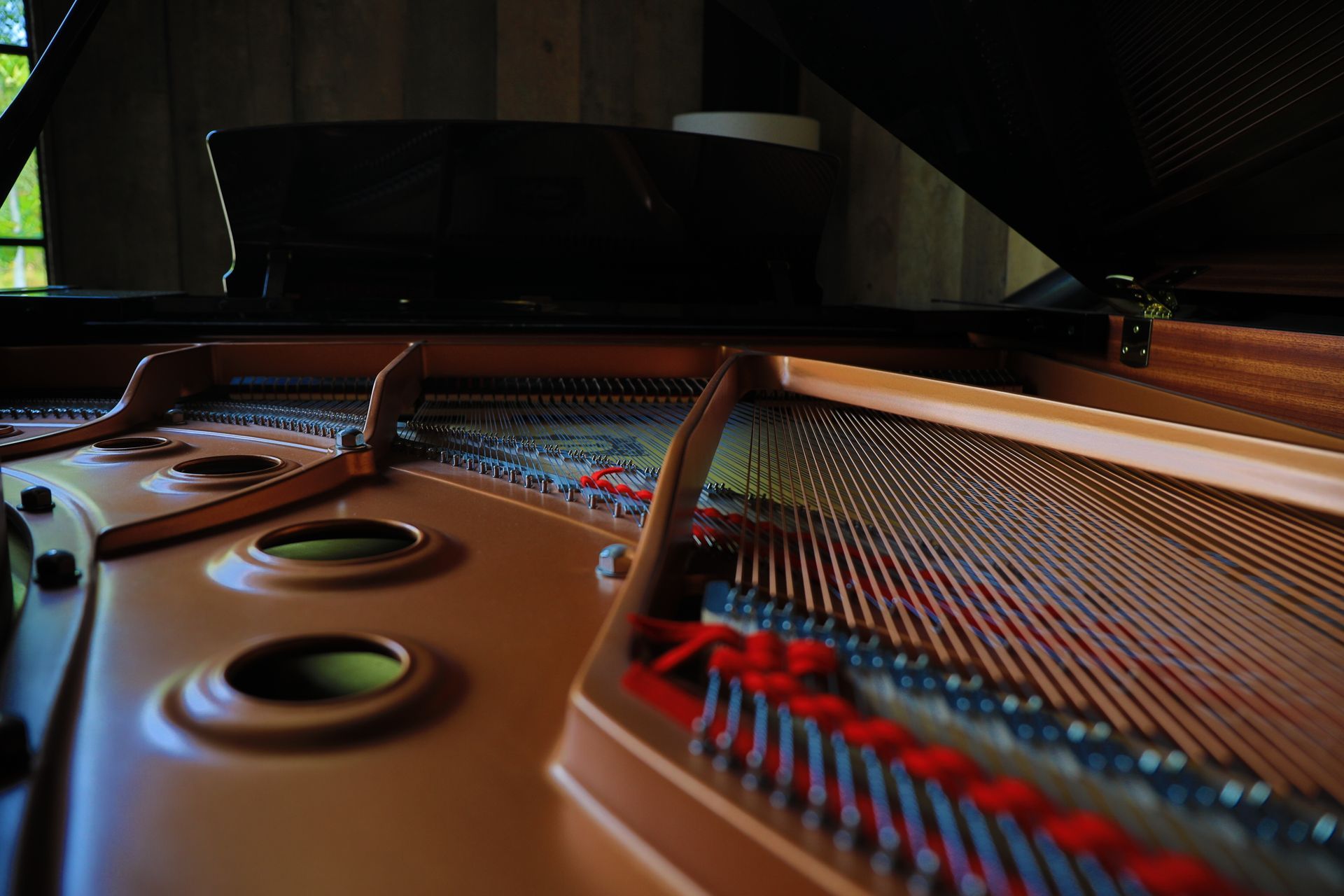Building StaffPad, Part 1
David William Hearn • February 27, 2015
Wow! What a journey. The origins of StaffPad go back at least 7 years, to when I started working in recording studios with orchestras and musicians on a regular, professional basis. I had amassed a huge amount of technology, which I have a love/hate relationship with. In some ways, it's a huge liberator and luxury - we can do incredible things with the tools we have available to us... however,I found a part of me that was yearning to just switch off all my gear, clear my head and just... write some music.
Why Build It?
StaffPad came from the simple belief that composing music today has become almost prohibitively technically complex. As composers, we spend a long time thinking about the computer technology we use to realise the compositions, and I've felt for a while now that it can distract and hinder our ability to think about the actual music. Of course, the DAWs/samplers/plugins/hardware we have now are mindblowing and amazing - if you can afford them - but it's easy to feel a bit trapped underneath the weight of it all.
I was fortunate enough, in my early 20s, to start working with the incredibly gifted film orchestrator, Nicholas Dodd. Nicholas is no luddite, yet he still writes music on paper. When I asked him why, he simply said it was quicker. For me, I couldn't really fathom what he meant by this; someone would have to take that handwritten score and laboriously input the notes, one by one, into Sibelius or Finale. Someone would then have to synthesise a mockup of it, and then any changes would be subject to the same process. However, I realised that for composition and orchestration - which were the only two things he was concerned with - paper offered a fluidity and immediacy that nothing else could.
Nicholas wakes up and thinks about music. I generally wake up and think about switching on my Mac. That's a key difference - he doesn't deal with iLoks, hard drive crashes, mixing templates, software updates and the myriad of computer based technical challenges we all face daily as 'modern' composers. As long as he has a pencil, some paper and an eraser, Nicholas can work anywhere and be perfectly happy.
This is fine if you're as gifted, and as respected in the industry as Nicholas is. But, for the rest of us, paper makes little to no sense. It's fast and fluid - but only if you can hear what you're writing in your head. If you can't, then it's an ultimately irrelevant Sysyphean struggle. Marks on paper don't mean anything until they're interpreted by musicians. Notation is merely an instruction book, waiting to be read and performed by other human beings. Additionally, paper is easily lost, destroyed... it's cumbersome to work with at larger sizes and piles up quickly. Plus, it isn't flexible in so many ways - you can't easily copy and paste, insert bars, quickly delete sections, hear it - or change or manipulate its content in any way. Once it's there... it's there. Like it or not.
I started to think about what the ideal tool would be for a composer to work with, and realised that it didn't exist yet. It shouldn't replicate pen and paper, yet it also shouldn't replicate existing notation packages, which are all designed to facilitate the last step of the composition process; the arduous layout and engraving step. Instead, it should evolve paper, and make it more convenient and flexible. It shouldn't be as complex as existing tools, yet it should do everything you need for the majority of jobs. It should be fast and fluid, natural and intuitive. It should allow you to focus on the music, and handle everything else for you - without you even noticing. It should be the best of both worlds.
That was the genesis for StaffPad.
In the next blog post, I'l talk a bit about the actual development process, from finding the right business and development partner, to choosing a platform.
David William Hearn
David is a the lead designer and co-founder of StaffPad, as well as a professional composer and orchestrator.
London, http://www.davidwilliamhearn.com

